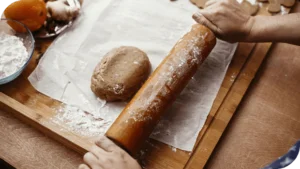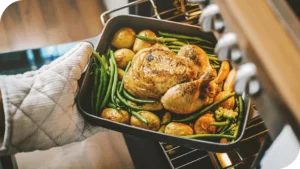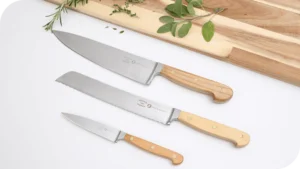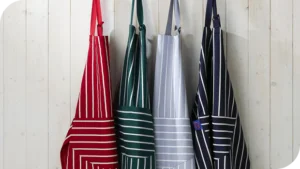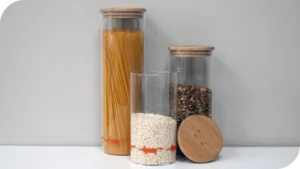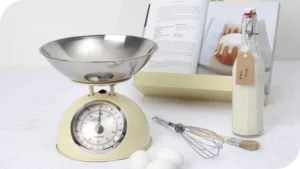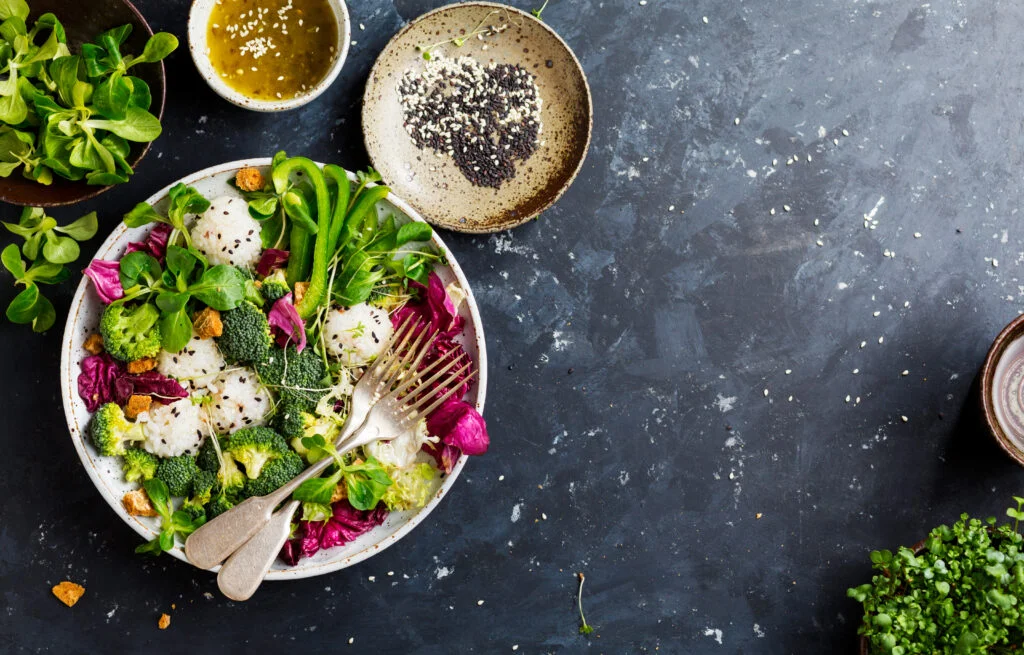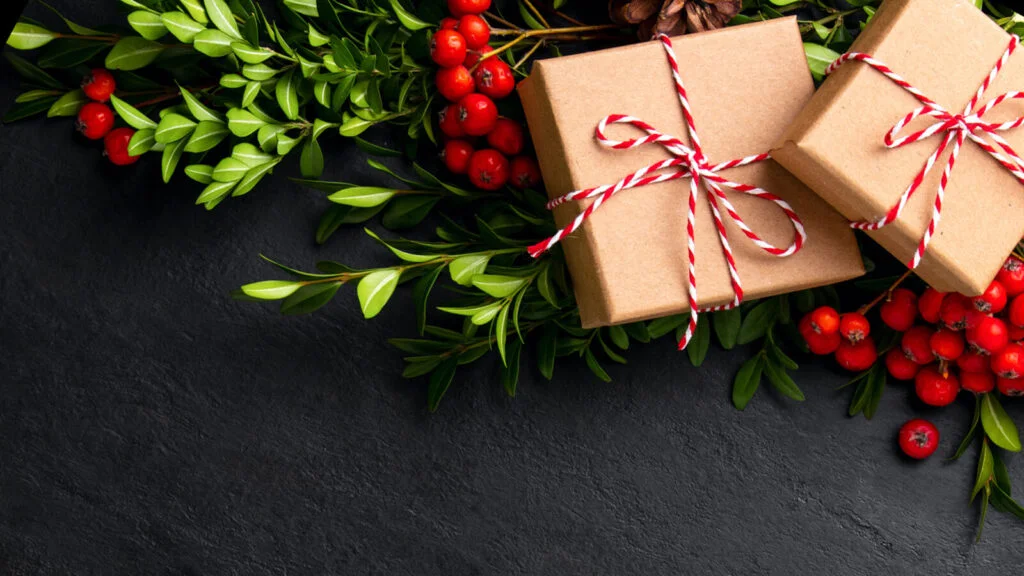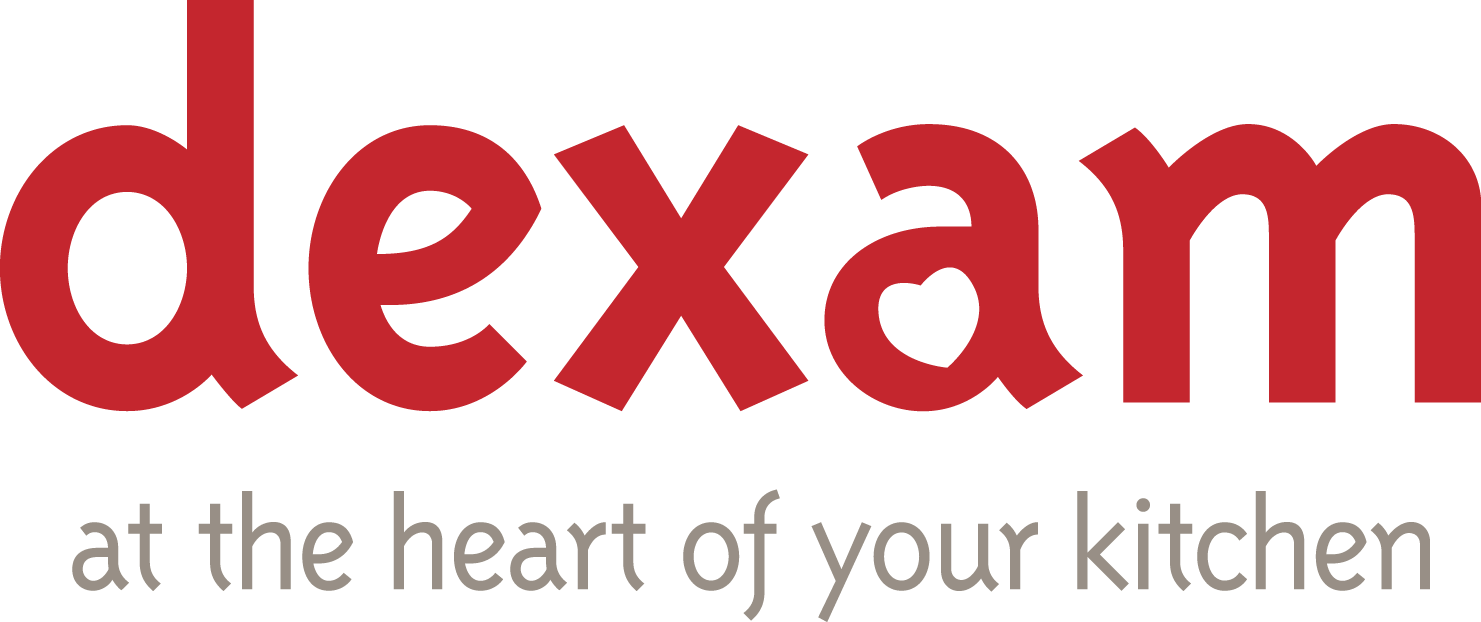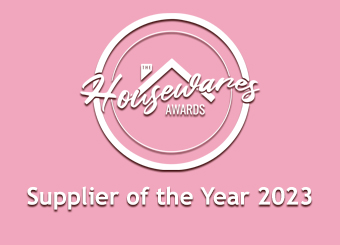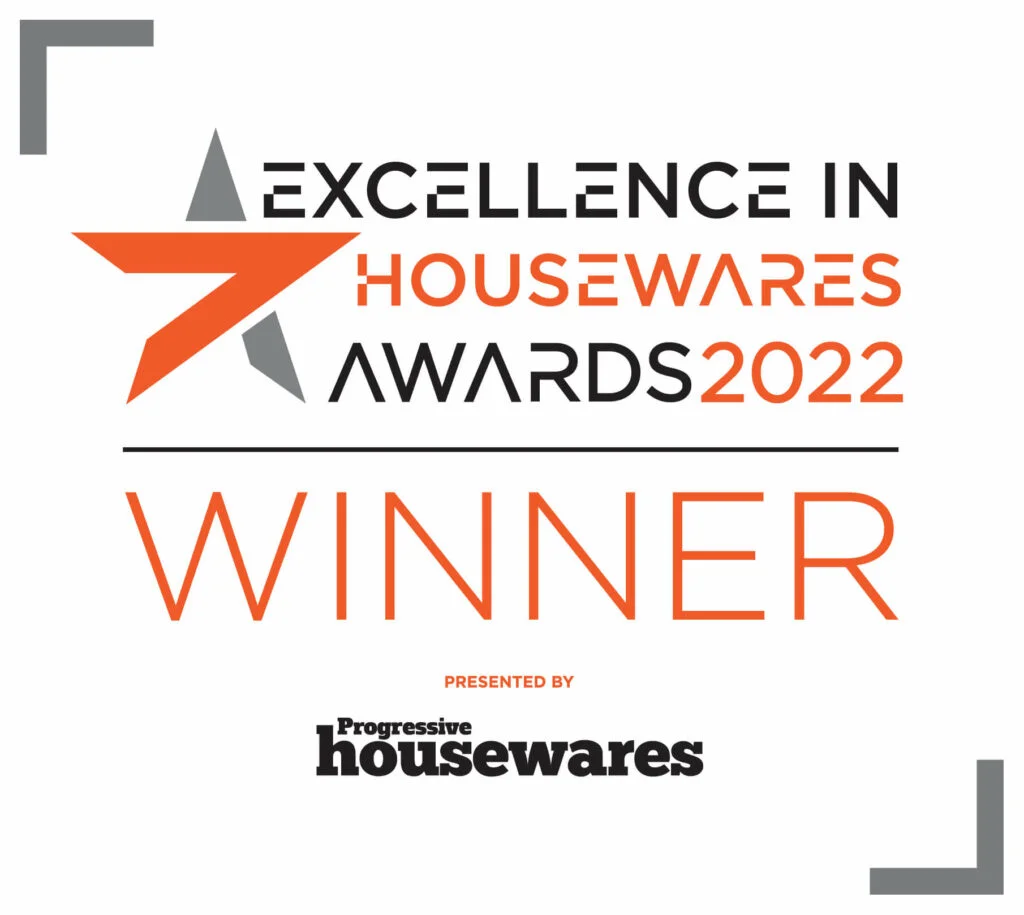
When it comes to kitchen utensils, nothing gets quite as much consistent use as the humble chopping board.
Whether you are making a quick midweek supper for the family or preparing a tastebud tantalising 3-course dinner party for a special occasion, you’ll no doubt use your chopping board to chop, slice, dice, carve and serve your culinary creations.
So you’ll want to invest in one that stands up to the job. Which is better then? We unpack wooden vs plastic chopping boards below.

The pros and cons
Deciding between wooden vs plastic chopping boards can be tricky. Both have pros and cons but ultimately, for us, it comes down to the fact that wood is the far more environmentally friendly material, plus we think it has more aesthetic appeal as well!
Let’s take a look at some of the arguments for investing in a wooden chopping board for all your cooking needs.
One of the fantastic things about using wood in the kitchen is that it possesses anti-microbial properties. What does this mean? That bacteria is drawn into the wood where it can no longer reproduce and so dies. This can give you peace of mind that the bacteria from food such as raw meat, for example, is less likely to linger on your board and cause any upset if you later ingest it – or, worse still, it’s ingested by the people you’ve cooked for!
While plastic boards are non-porous so are easy to wash, it is possible for bacteria to build up in ridges which could be a problem hygiene-wise. You might also note that while slicing on a plastic chopping board, you are likely to transfer microplastics into your food. As of yet, we don’t know the extent of damage ingesting microplastics can do, but it’s unlikely to be good, and so if you can avoid doing so, why wouldn’t you?
Another smart property of wooden chopping boards is the way that the knife slices into the board. While a plastic board can quickly end up scratched and damaged, a wooden board is more resilient as the knife slices between the fibres of the wood and doesn’t leave marks. When marks or scratches do occur, these can be easily removed with a refinisher, leaving your board good as new. The indents caused by knife marks left on a plastic board however, could be hotbeds for bacteria to gather and grow.
A wooden board is also better for your precious kitchen knives, and you’ll find that by using a wooden board your blades stay sharper for longer. As long as you remember to oil the board, it will also remain waterproof too.

A chunky wooden board also provides an ideal surface for harder to chop foods such as meat or root vegetables. While plastic boards tend to be lighter, making them more portable, this also means they could slip or move around on your kitchen counter more easily – which is not ideal when you’re wielding a meat cleaver or other sharp utensil around!
That’s not to say that plastic boards don’t have some merit. They are usually cheap, most are dishwasher friendly, and they come in a wide range of colours and styles. However, be warned that materials such as acrylic can quickly dull a once sharp blade, so if you do choose plastic, go for polyethylene or polypropylene.
It’s also worth remembering that washing your plastic board in the dishwasher doesn’t guarantee it will be free from bacteria, and more microplastics will release during the process which could end up on your plates and cutlery too.
It is also essential to be aware that if a knife does scar the plastic, it’s time to up your game in terms of cleaning. Cross contamination is more likely on a plastic board, and the unwanted germs could mean that your lovingly prepared meal is not much appreciated! It’s also possible for mould to grow under the surface of the board so replacing old, worn boards is a must, and could mean that was once a cheaper option adds up to be more expensive overall.
Another advantage of using a wooden board is that it is heat resistant, so it’s easy to transfer hot pots and pans straight from the hob onto a board, and you can even use wooden boards on the dining table and place pots on them for a hearty ‘help yourself’ meal.
Finally, and perhaps most importantly, when you are finished with a plastic chopping board (which is likely to be sooner than a wooden chopping board), despite no longer being of use, it will continue to exist for over a thousand more years! A wooden chopping board will entirely decompose after a few years making it the far more environmentally sound choice.
Wooden chopping boards – the safest, easiest and best option for your kitchen
With self-healing and antibacterial properties, wooden chopping boards are the board of choice. They are practical, durable and look great too and are the ideal surface from which to prepare delicious home cooked meals! So if you are looking for a chopping board that is clean, hygienic and long-lasting, shop our wooden chopping boards today.

